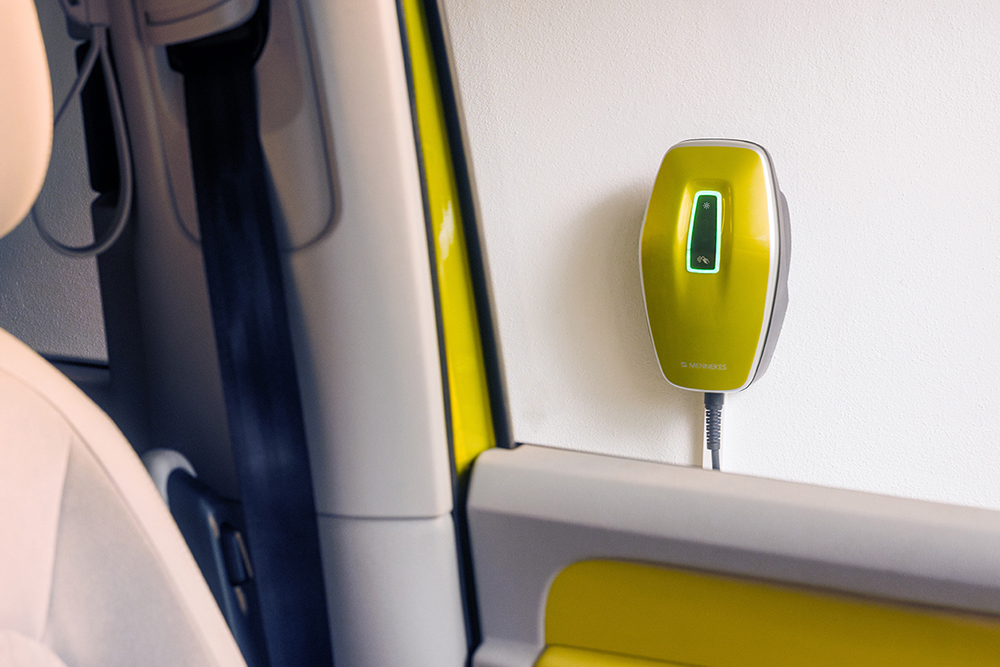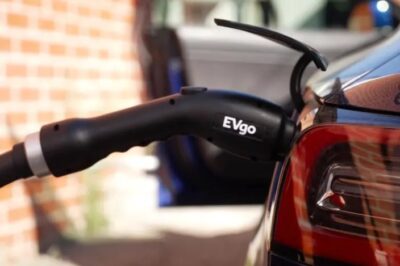Switzerland to introduce right to charge
Specifically, the motion, which was tabled by National Councillor Jürg Grossen (GLP/BE), calls for residents of apartment blocks to be given legally secured access to the installation of so-called slow charging stations, i.e. AC chargers. These are essential for the energy transition and the switch to more sustainable mobility. Flavia Wasserfallen (SP/BE) emphasised that electromobility would come to a standstill in everyday life without simple charging options. Thierry Burkart (FDP/AG) also pointed out that the combustion engine was only able to establish itself in the past because there was a nationwide network of petrol stations.
Opponents of the motion – mainly from the Centre Party and parts of the Energy and Spatial Planning Committee – warned of an encroachment on the guarantee of ownership and private autonomy. They argued that the market itself should regulate where which charging infrastructure is built. Nevertheless, the motion was passed, which means that the Federal Council (the Swiss equivalent of the federal government) must now draw up an amendment to the law or a corresponding ordinance.
The discussion about the ‘non-prohibitability’ of charging stations in private residential complexes is nothing new. The Swiss eMobility Association has been campaigning for a ‘right to charge’ for over ten years. Its director Krispin Romang told electrive: “Switzerland has the highest proportion of tenants and condominium owners in Europe, and nowhere is the need for action as high as here. In an international comparison, we are continually falling behind in terms of electrification. The reason for this is that many homeowners already have electric cars and it is difficult for us to reach the vast majority in other forms of housing. That’s why the right to tolerate home charging stations that has now been obtained is extremely important for us.” Because without charging facilities at home, the switch to electric cars remains difficult for many.
Now that both chambers of parliament have voted in favour of Swiss eMobility’s request, the matter will go back to the Federal Council. It must now prepare the legislative text. Swiss eMobility wants to accompany this process. As it is not yet clear which department (comparable to the German ministries) will take over the process, Swiss eMobility is not yet able to provide a time forecast. “It will certainly be a while before the law definitely comes into force,” Krispin Romang surmised.
The discussion about the ‘non-prohibitability’ of charging stations in private residential complexes is nothing new. The Swiss eMobility Association has been campaigning for a ‘right to charge’ for over ten years, as Director Krispin Romang emphasises on LinkedIn. For him, the decision by the Council of States is a milestone. ‘Without charging options at home, the switch to electric cars remains difficult for many,’ says Romang. Now there is finally clarity for tenants, owners and administrations.
Incidentally, Krispin Romang was a guest on our German language podcast in March and said at the time that the lack of a ‘right to charge’ puts tenants at a disadvantage, even though more than three-quarters of the population (77%) in Switzerland live in rented accommodations. Romang already hoped in the podcast that a legal solution would finally be found in 2025: “That would really be a heartfelt wish.”
The Federal Council had already earmarked funding of CHF 30 million a year for charging infrastructure as part of the CO₂ legislation. However, this was rejected by Parliament. However, the current decision could provide new impetus for both political and private players.
The motion that has now been passed clearly shows that Switzerland wants to remove the structural hurdles to the expansion of electromobility and is also tackling legally challenging issues such as rental and ownership law.
parlament.ch (in German)





0 Comments